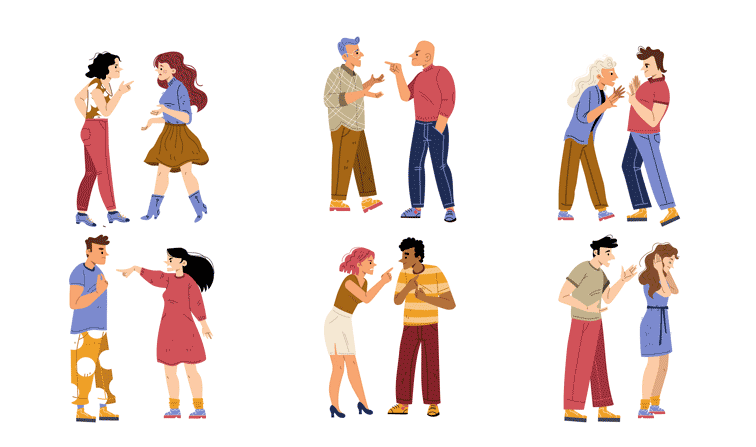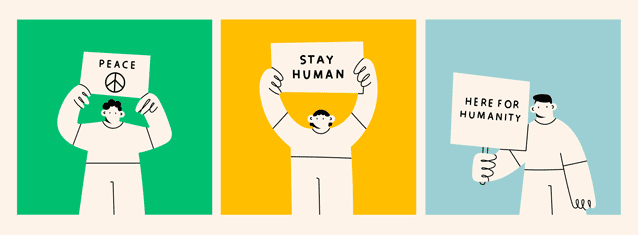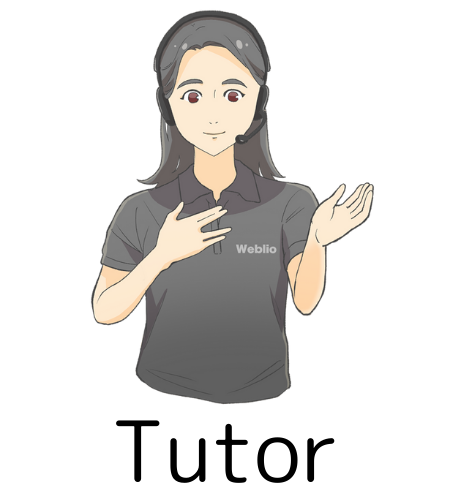
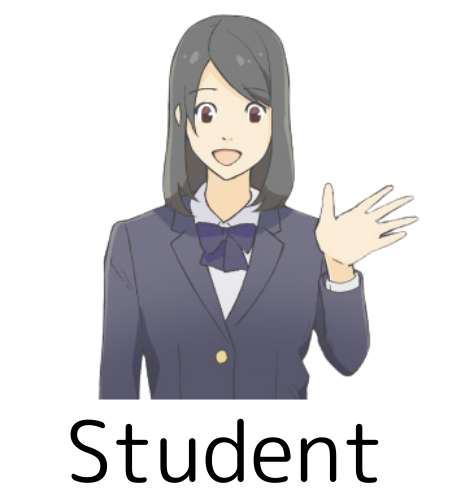


| 1. | Excitement |
| 2. | Sadness |
| 3. | A “thank you” moment |


| 1. | What did you/he/she/they do? |
| 2. | Who did it? |
| 3. | When was it? |
| 4. | Where was it? |
| 5. | Why did you/he/she/they do that? |
| 6. | How was it? |
| Answer: |


| Answer: |
include these points: (What / Who / When / Where / Why / How)





However, there are still people who hurt others due to their fear, desire, or self-protection. Wars are still taking place.
Yet we must never stop working for peace. This process is called peacebuilding. Everyone will live in safety, without fear of violence.
If we all work together, we will surely live in a peaceful world.
【ヒント:日本語訳】
しかし、恐怖や欲望、自己保身のために他人を傷つける人は、いまだに存在します。いまだに戦争が起きています。
それでも、私たちは平和のために動くことを決して止めてはなりません。この過程を平和構築と呼びます。誰もが暴力の恐怖におびえることなく、安全に暮らすことができるようになるのです。
私たち全員が力を合わせれば、きっと平和な世界に住むことができます。
cooperation 協力
respect 尊敬する、大事にする
hurt 〈…を〉痛める
yet それでも
process 過程
violence 暴力


| 1. | What does peace mean? |
| Answer: |


| 2. | What must we never stop doing? |
| Answer: |





However, there are still people who hurt others due to their fear, desire, or self-protection. Wars are still taking place.
Yet we must never stop working for peace. This process is called peacebuilding. Everyone will live in safety, without fear of violence.
If we all work together, we will surely live in a peaceful world.




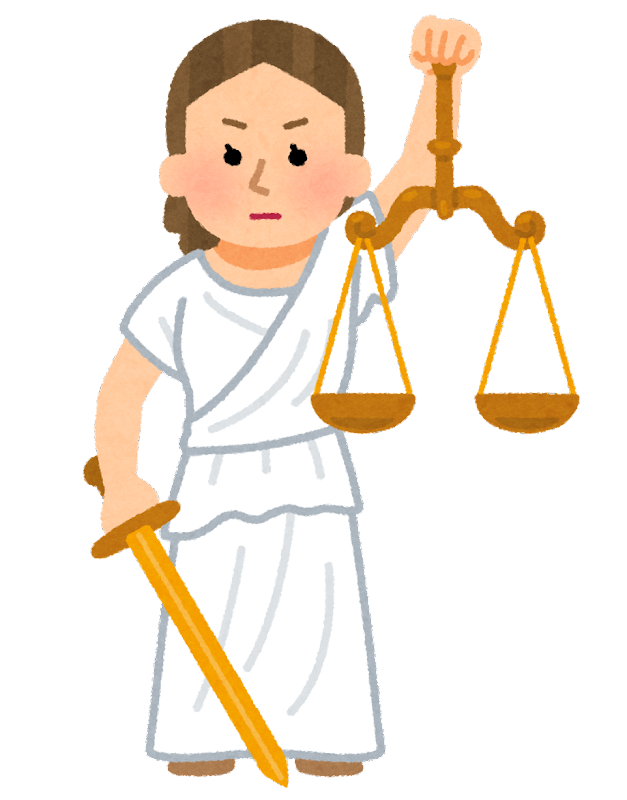
|
justice
dʒˈʌstɪs
正義
|

|
desire
dɪzάɪɚ
欲望
|
|
self-protection
sélf / prətékʃən
自己保身
|
|

|
fear
fíɚ
恐怖
|

|
peacebuilding
píːs / bíldɪŋ
平和構築
|




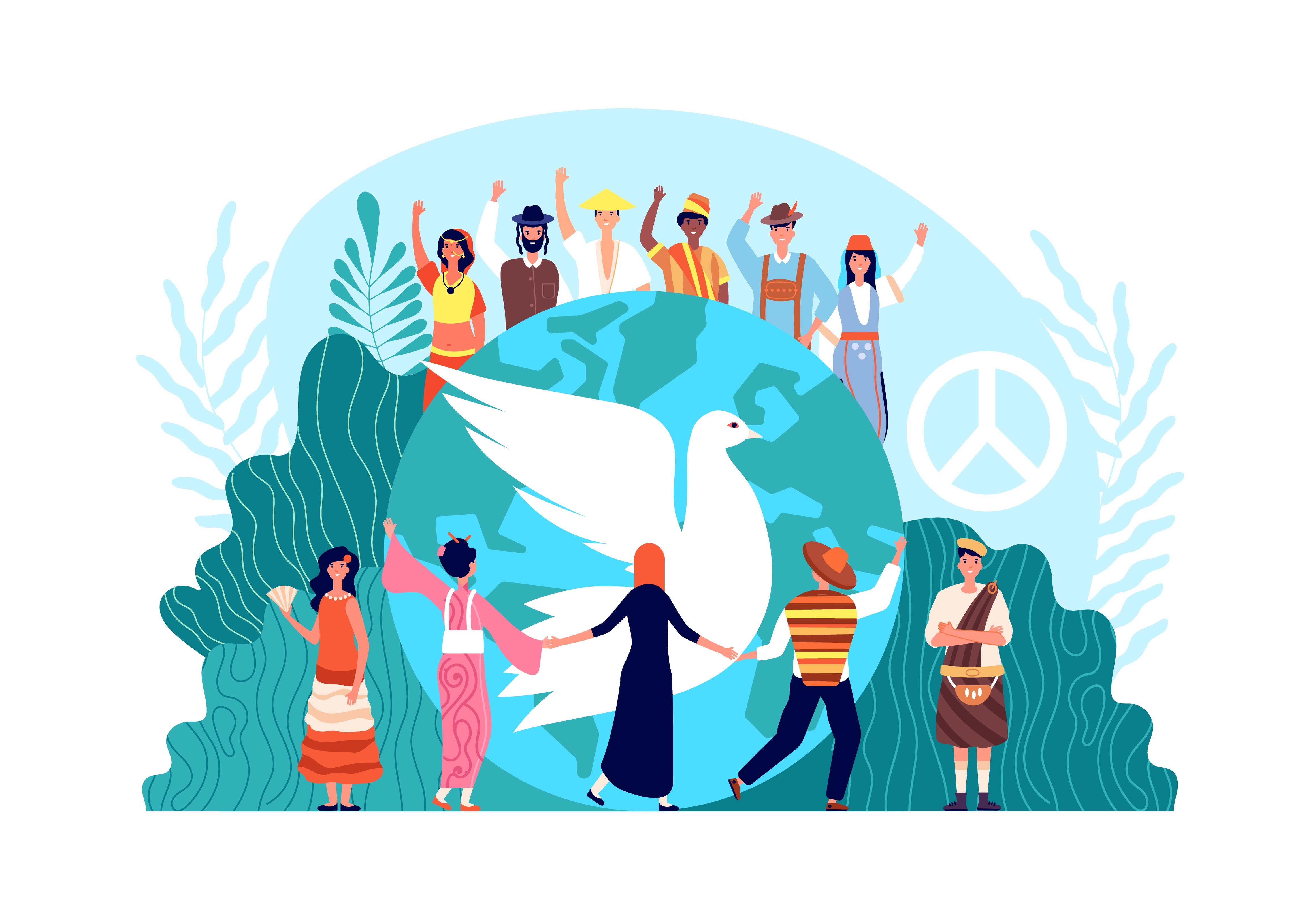

| 1. | When do you feel peaceful in your daily life? |
| Answer: |


| 2. | If you feel angry or jealous, how do you calm yourself down? |
calm down 鎮める、落ち着かせる
| Answer: |


| 3. | Have you ever tried to make peace in your daily life? For example, apologize to your friends, stop an argument between friends, calm down your parents’ anger |
argument 言い争い
anger 怒り
| Answer: |









| Situation 1: |
Your friends are having an argument. You want them to make up. Convince him/her to make up.
(Your tutor will pretend to be your friend.)
|
| Items to mention: |
– tell him/her that arguing will not produce any good results – tell him/her to try to look for what’s good about each other – tell him/her to apologize first |
make up 仲直りする
convince 説得してさせる

| Situation 2: |
You will give a presentation on peace. Present it to your classmates.
(Your tutor will pretend to be one of your classmates.)
|
| Items to mention: |
– what peace means – wars are still taking place – what we must not stop doing |





| 1. | Have you ever had any arguments with your friends or family? What was the reason? |
| 2. | How did you make up with him/her? Can you apologize first? |
| Answer: |


| 1. | Do you know anything about the recent wars happening in the world? Please tell me your thoughts. |
| 2. | What do you think we can learn from history? |
| Answer: |


たくさん話すためには?
■ いつ、誰とどこで何をしたのか伝えよう。
■ それをしてどう感じたか、なんでそう感じたのかも伝えるよう意識しよう。
例)
I took an online lesson with Ellen at my house today.
(what/who/where/when)
It was fun to talk with Ellen because her hobby was the same as mine.
(how/why)

